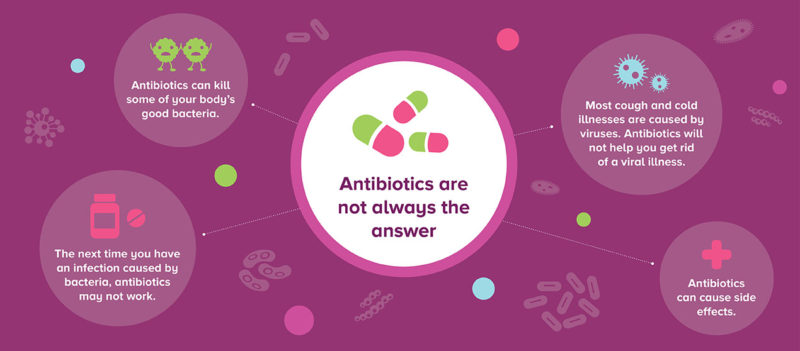Summer is in full swing, which means that mosquitos are a prominent part of our outdoor activities.
The Zika virus might be top of mind for some families, so I thought it would be helpful to explain some of the new information that has been gleaned over the last few months as scientists continue to study Zika, as well as the main points to consider overall.
Here are the Top 4 things families need to know about the Zika virus:
- How it’s transmitted. Zika is a viral infection transmitted principally by mosquitos, and more specifically, the mosquito that primarily carries it is the Aedes aegypti. It is possible for this mosquito to live in Ohio but there is no evidence of it being able to survive the winter. Studies are being conducted to see if another mosquito, called the Aedes albopictus, is able to transmit the infection. This mosquito is well established in Ohio, so if the virus is brought to Ohio AND it is able to transmit the infection, Zika could become more widespread in our area.
Zika transmission by mosquito in the US has been very rare. The first case was identified in Miami, Florida, in late July, 2016.There has also been evidence of the Zika virus being sexually transmitted, but the transmission happening in the United States has only been reported a couple of times. - The risk to pregnancies. While it’s still not scientifically proven that Zika causes microcephaly, there are more things pointing in that direction and there was a recent study published in the New England Journal of Medicine that describes why Zika may have been the cause of microcephaly.
If a woman does get the Zika virus during pregnancy, there seems to be about a 1% risk for the baby to get microcephaly. It isn’t yet clear whether there is a difference in risk depending on when during pregnancy the mother is infected.
Please keep in mind that the CDC has issued a travel advisory for women who are pregnant or thinking about becoming pregnant to avoid traveling to Zika endemic areas. Since the infection in Miami, the CDC has also recommended that pregnant women and their partners not travel to this area. - What happens once someone is infected. 80% of infections are asymptomatic, which means that these people have the infection but won’t even know that they have it. For the 20% that do have symptoms, most illnesses are mild and short. The common symptoms are fever, rash, joint pain and headache.
It is thought that infected persons will have the virus in their system for a couple of weeks or less. However, a recent report stated that it could last for a couple of months in pregnant women. - How to prevent it. At this point, it appears that the only population of people who need to take measures to prevent the Zika virus are those who are planning to travel to Zika endemic areas.
If you are planning on traveling to a Zika endemic area, the best way to minimize your chances of getting the virus is to prevent mosquito bites. Wear long sleeves and pants and apply bug repellant to exposed skin.
Upon returning to the U.S. after visiting a Zika endemic area, it is recommended to use the same mosquito bite prevention methods for about two weeks. This is to keep mosquitos from biting you, becoming infected and then transmitting the infection to another person by biting the other person. Again, to date, we have NOT seen transmission of Zika in the U.S. but using this precaution should further decrease the risk of the virus getting into the mosquitos in the U.S.
While scientists continue to learn more about the Zika virus, such as how it’s transmitted and its relationship with microcephaly, I think it’s important for families to keep in mind the concerning information related to the virus. At this time, the only group that needs to have a heightened sense of awareness about the Zika virus is women who are pregnant or considering pregnancy. For everyone else, if someone in your family does become infected with the Zika virus, such as if you’ve vacationed in Dominican Republic or are attending the Olympics in Brazil, the infection appears to have mild side effects, if any at all.






Our family, which includes our daughters/son-in-laws and grandkids already have our airline tickets and all-inclusives paid for in Cozumel, in Sept. Is there a blood test that can be done, when we get home,to see if any of them were infected with the Zika virus, and what precautions should be taken if planning on getting pregnant after returning? Any safe insect sprays for kids and babies?